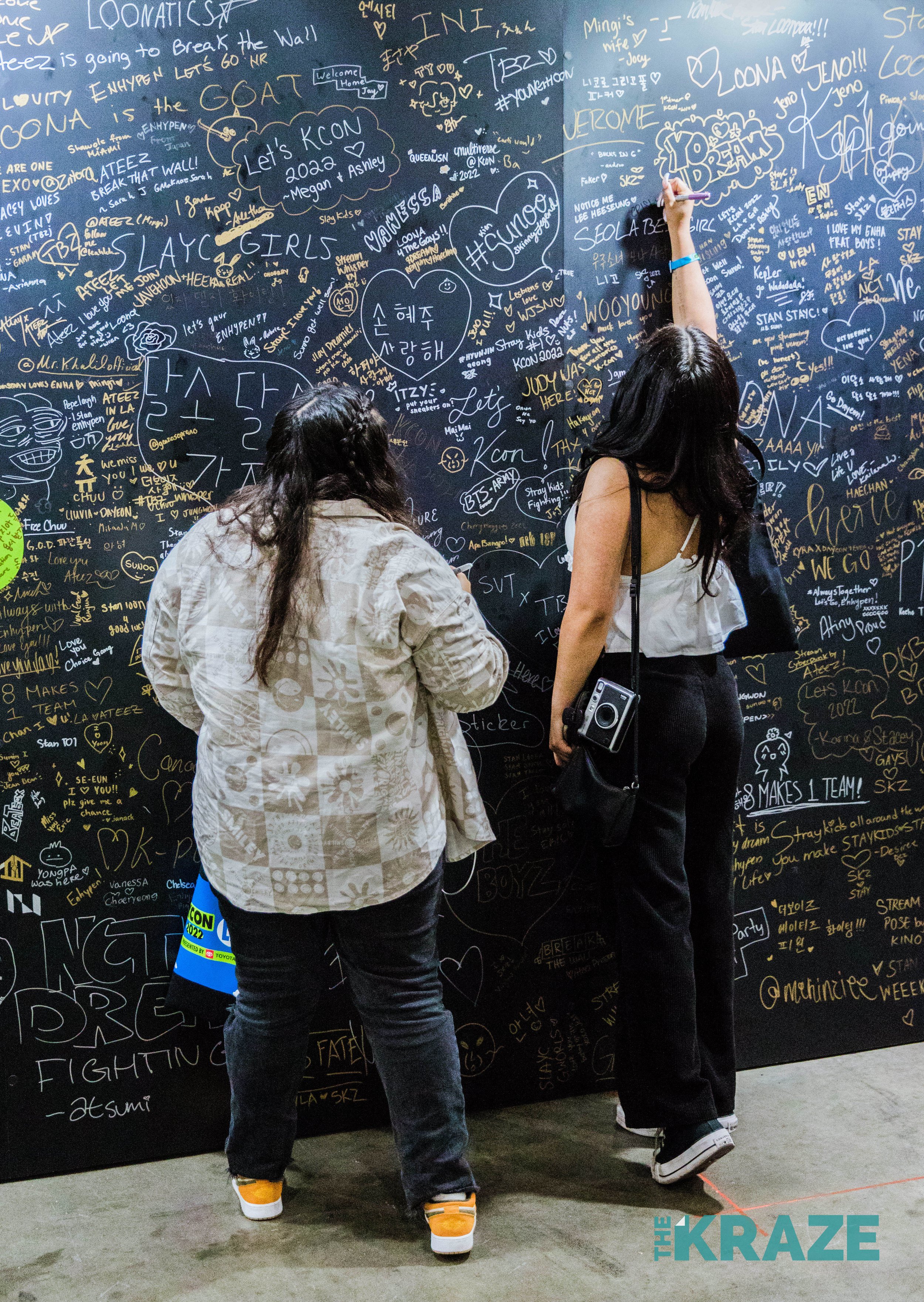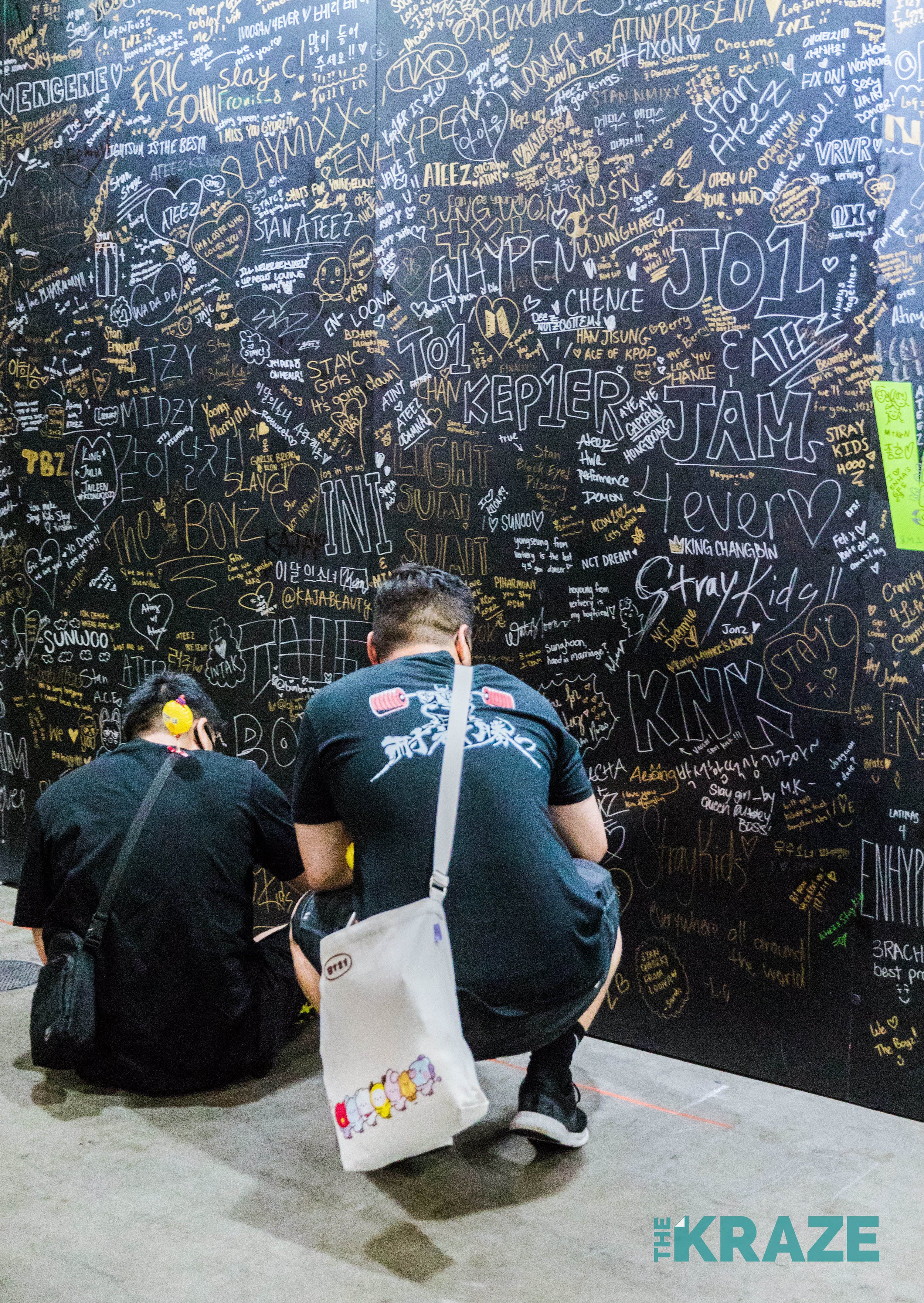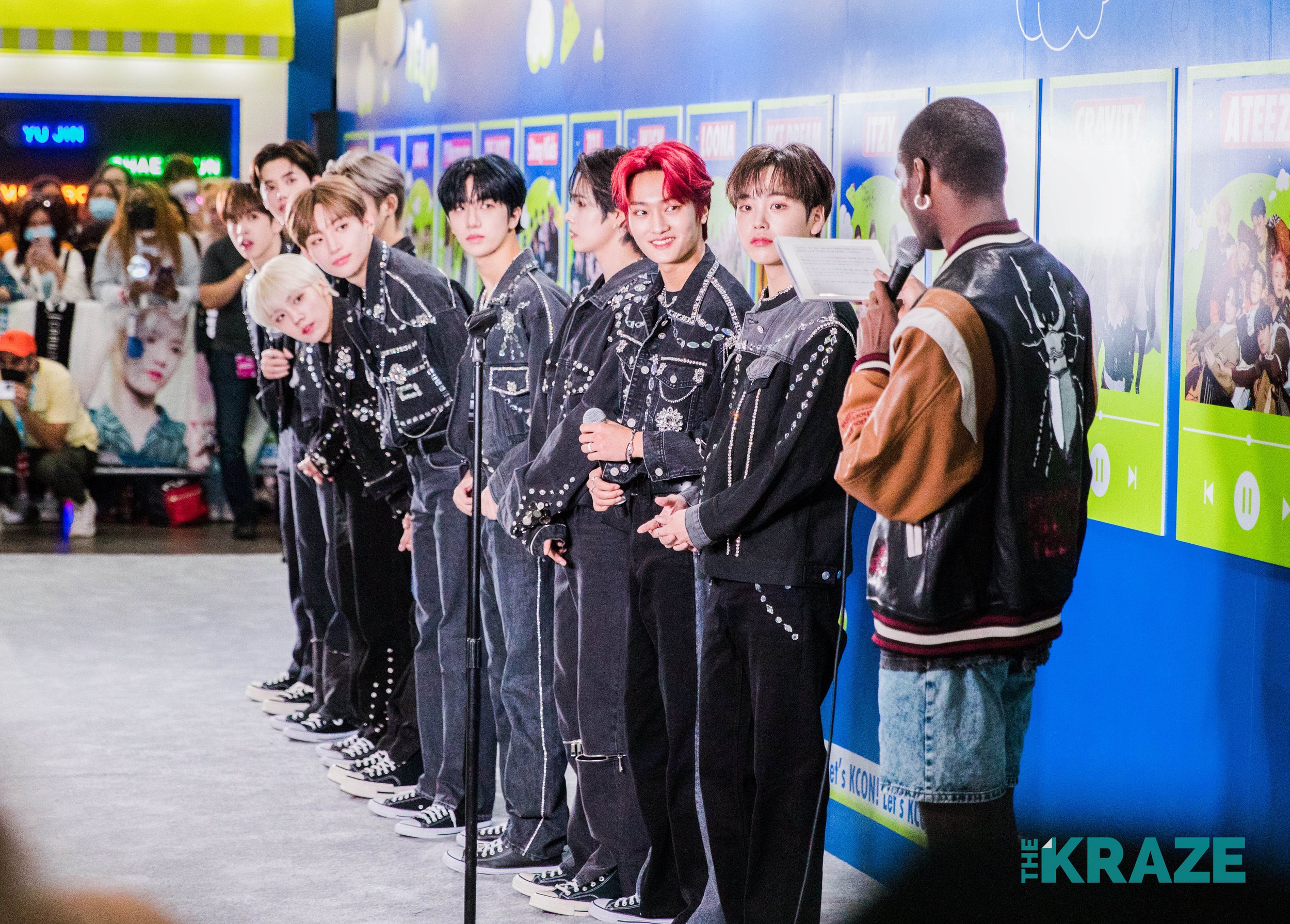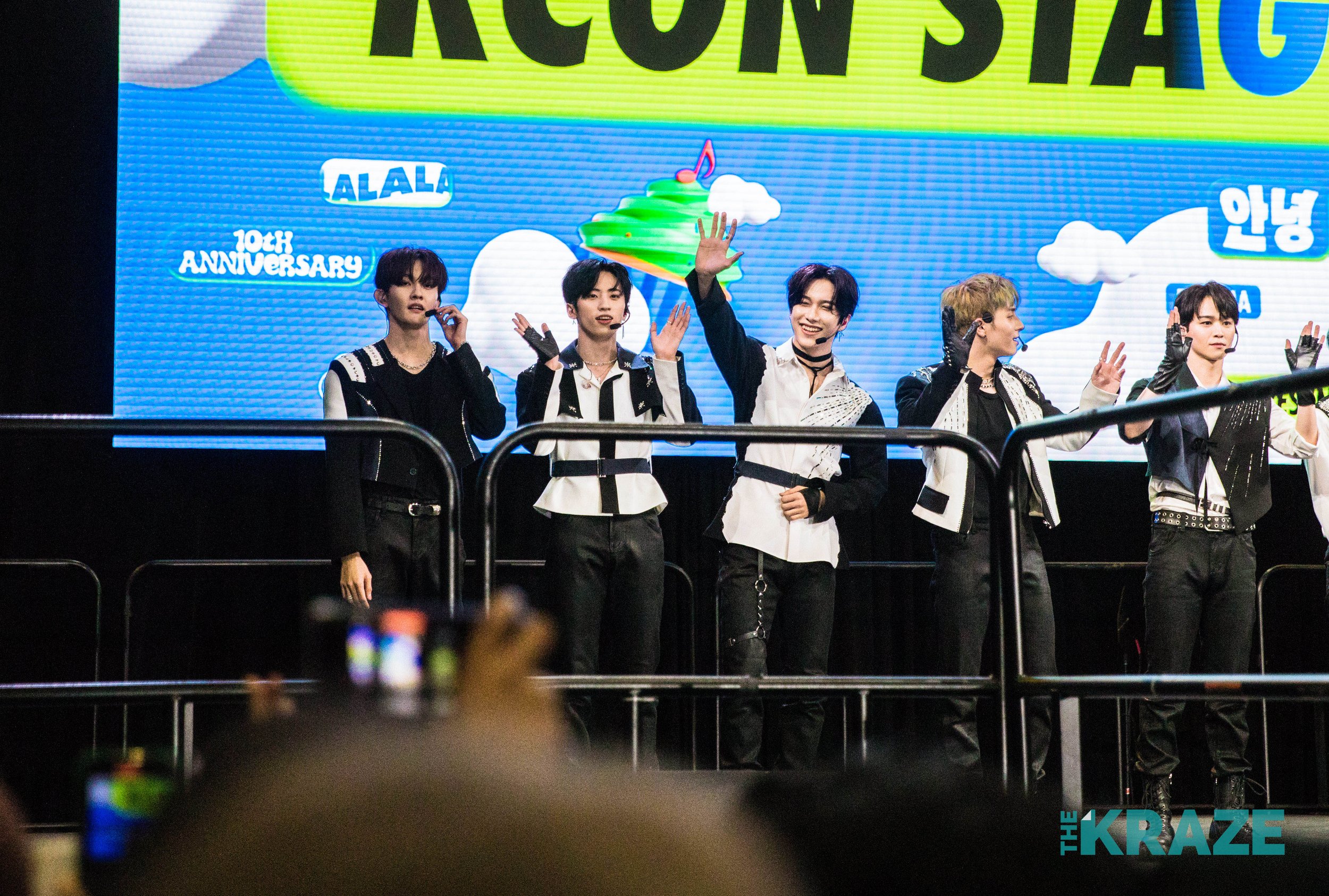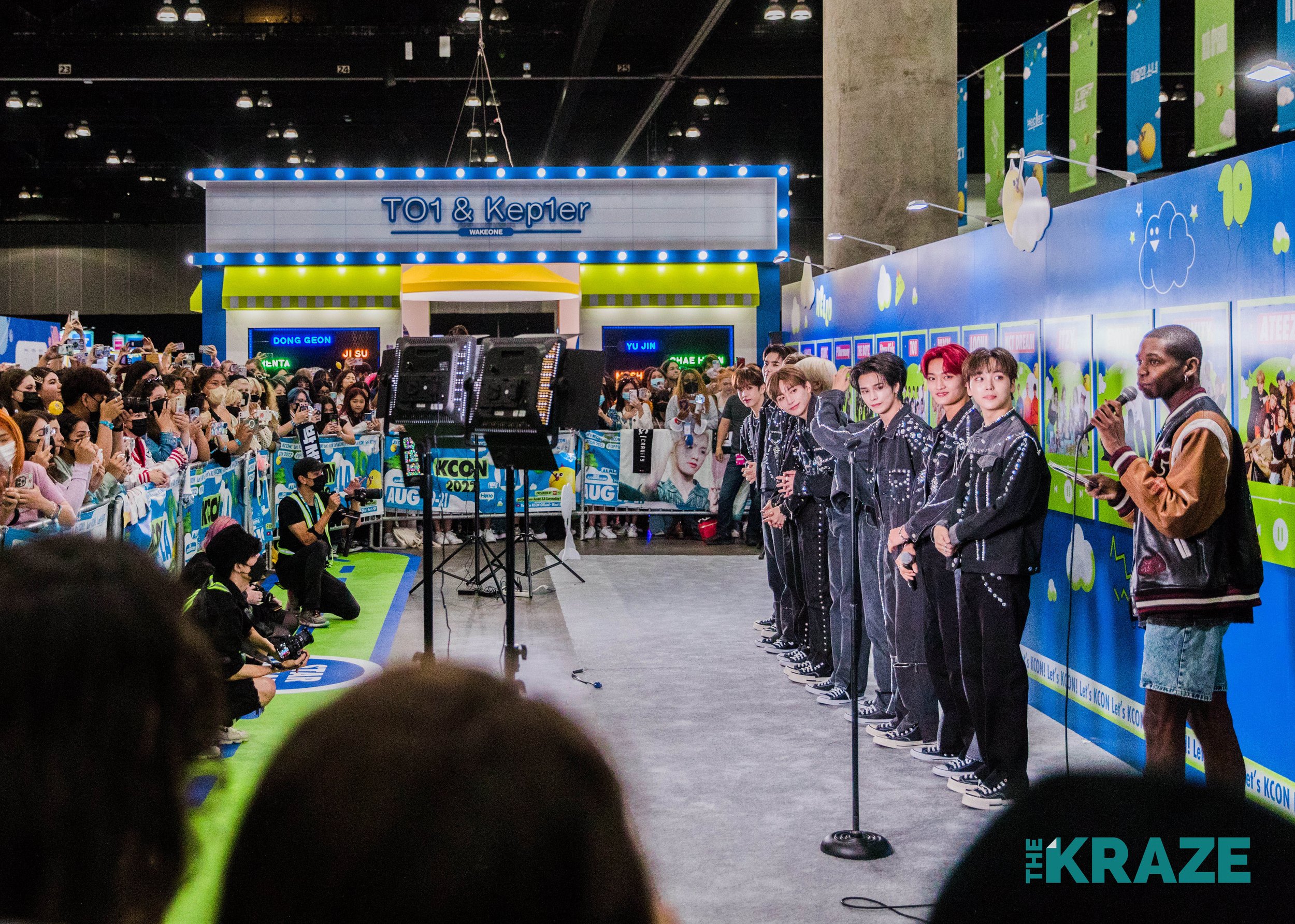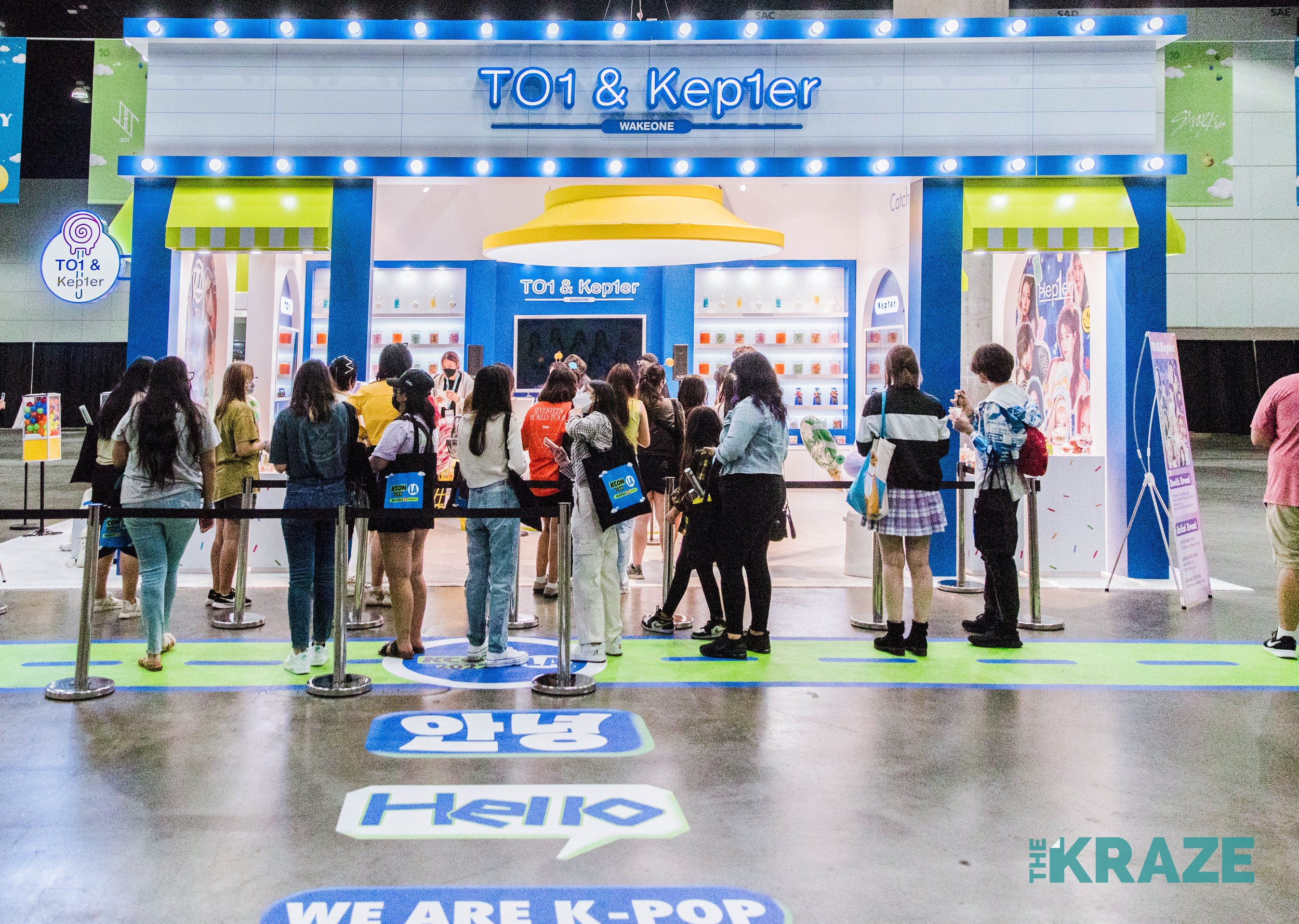History of K-Pop: KCON
After another successful KCON this year, fans cannot wait for the next convention to take place. The music festival has been an anticipated event for K-pop fans to connect over their love of music. It is crazy to know that it has been over 10 years since KCON's debut. For this month's History of K-Pop, we will be discussing the history of KCON.
What is KCON?
KCON, short for the Korean Culture Convention, brings together the best of Korean culture under one roof. Founded by Koreaboo and CJ E&M in 2012, it is an annual convention and music festival held in various locations around the world. KCON brings together K-pop fans from all over the globe to celebrate and immerse themselves in Korean music, culture, and entertainment.
In addition to captivating live performances by renowned groups and talented artists, the event provides a unique opportunity for fans to engage with their favorite musicians through fan meet and greets, panel interviews, and more. The convention floor is filled with many booths that sell Korean-based and related products such as K-pop merchandise, skincare, makeup, and food. KCON offers a unique experience for fans to connect with their favorite artists and fellow fans, and to be a part of the growing Kpop community.
A Decade of Success
The first KCON was held in southern California in 2012. The lineup consisted of 4Minute, B.A.P, EXO-M, NU’EST, VIXX, and G.NA. The convention's aim was to provide Kpop fans in the States a better and more affordable experience of connecting with idols and fellow fans. The convention was an instant success with over 20,000 people reported to have attended.
In 2015, KCON expanded its reach by hosting three separate KCON events in three different cities: Los Angeles, New York City, and their first-ever international KCON in Saitama, Japan. This marked a significant milestone for the K-pop community, showcasing the growing global influence of Korean pop culture and music.
With the aim of promoting Korean culture and entertainment to a wider audience, KCON has been consistently introducing new locations to its tour, providing fans with an opportunity to experience the latest trends in Korean music, food, fashion, and beauty.
Due to the COVID-19 pandemic, KCON went fully virtual in 2020 and changed its name to KCON:TACT. The event was streamed live and pre-recorded content was shared every day for a week on Mnet's YouTube channel. This virtual event replaced in-person activities with virtual ones. Meet-and-greet sessions were replaced with virtual Fan Calls, which provided a safe platform for fans and artists to connect while adhering to COVID-19 regulations.
KCON Impact
The impact of KCON in spreading the Korean Wave (Hallyu) is undeniable. It provides a platform for K-pop groups and artists to gain international recognition and have a better connection with their fans worldwide. By promoting cultural exchange, attendees can learn about Korean culture outside of K-Pop such as Korean cuisine, fashion, history, and more.
Expanding KCON and hosting worldwide introduces more people to South Korea and helps them recognize and become more familiar with South Korea and its media. KCON influenced the South Korean market by creating a demand for K-pop, K-entertainment, cuisine, and much more. In which boosts the economy of the country.
This event serves as a great example of how cultural exchange can bring people from different parts of the world together, build relationships and appreciation between them.
In Summary
KCON has become a global phenomenon, attracting tens of thousands of fans from all over the world to its various tour stops. Apart from K-pop music, the event also showcases Korean dramas, webtoons, food, makeup, and fashion to the world. It is a platform that allows people to experience Korean culture and entertainment in an immersive way, which has led to its immense popularity. A great example of how to properly exchange culture with respect and appreciation with one another.


